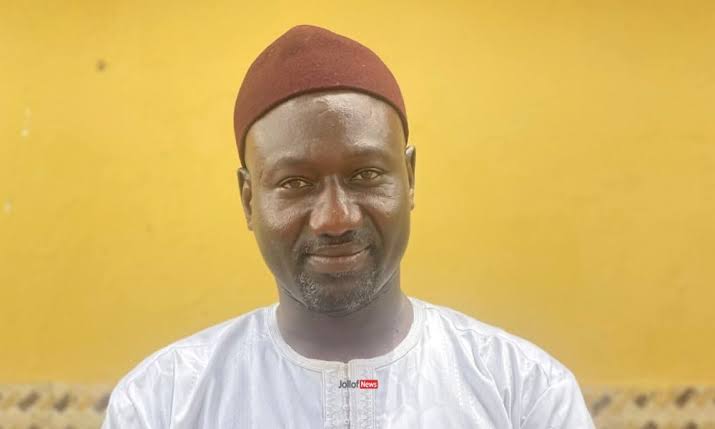By Kebba Af Touray,Sulayman Bah
Copyright foroyaa

By Kebba AF Touray
The National Assembly on Monday adopted a motion calling for a nationwide review of land disputes and evictions involving customary land, a move aimed at addressing growing tensions over property, identity, and livelihoods in rural areas.
The motion, tabled by the Member of Parliament for Badibbu Central, Hon. Sulayman Saho, emphasized that for the majority of Gambians—particularly in rural communities—land is accessed through customary tenure systems, passed down through family and clan structures.
“Land represents both property and identity and livelihood inheritance, and the foundation of rural dignity,” Hon. Saho said. He expressed concern over “the increasing land cases of land grabbing and speculative buying by individuals with political or financial powers, forced evictions and disputes due to weak legal protection for customary landowners.”
He highlighted the challenges faced by vulnerable groups, including women and youth, noting the lack of documentation, land title registration, and affordable dispute-resolution mechanisms. “Despite playing a vital role in agriculture and community development, many cannot access land,” he said.
Citing the Constitution of The Gambia and principles in the National Land Policy, which guarantee fair access to land and prohibit arbitrary deprivation of property, Hon. Saho called on the Ministry of Lands to conduct a comprehensive review of land disputes and evictions involving customary land. He also recommended the establishment of a National Land Rights Commission to mediate conflicts, protect communal land systems, and develop a customary land registry.
Additionally, he urged the Ministry of Justice to draft and present a customary land security bill within 12 months to provide legal recognition for customary land ownership, safeguard against arbitrary seizure, and ensure fair compensation in cases of compulsory acquisition. He also proposed that the parliamentary Select Committee on Lands conduct public hearings in regions across the country to gather testimonies from landowners and affected communities.
While supporting the motion, some lawmakers raised concerns over potential overlap with existing legislation. Hon. Musa Cham argued that “it is introducing some elements that are already in the country, such as the Lands Act 1945, Land Commission Act 2007 and State Land Act 2007.” He added that weak enforcement remains a key challenge, particularly in the Greater Banjul Area, where multiple claims often emerge over the same parcel of land. “We will see a piece of land with three different owners using the same documents from the Alikalolu,” he said, urging parliament to ensure proper monitoring mechanisms.
Other legislators voiced strong support. Hon. Almameh Gibba, Member for Foni Kansala, described the motion as “the best in the session” and said it is timely given ongoing land-grabbing incidents, some involving the use of security forces to arbitrarily determine ownership. “This motion will address some of those irregularities,” he said.
Hon. Lamin Ceesay, Member for Kiang West, emphasized the sensitivity of land issues. “Peace may not prevail when communities are taking each other to court over land issues, some of whom are as close as less than a kilometer apart,” he said, urging that the Ministry present the national land policy to parliament within twelve months, instead of the current six-month target, to allow for thorough engagement with affected communities.